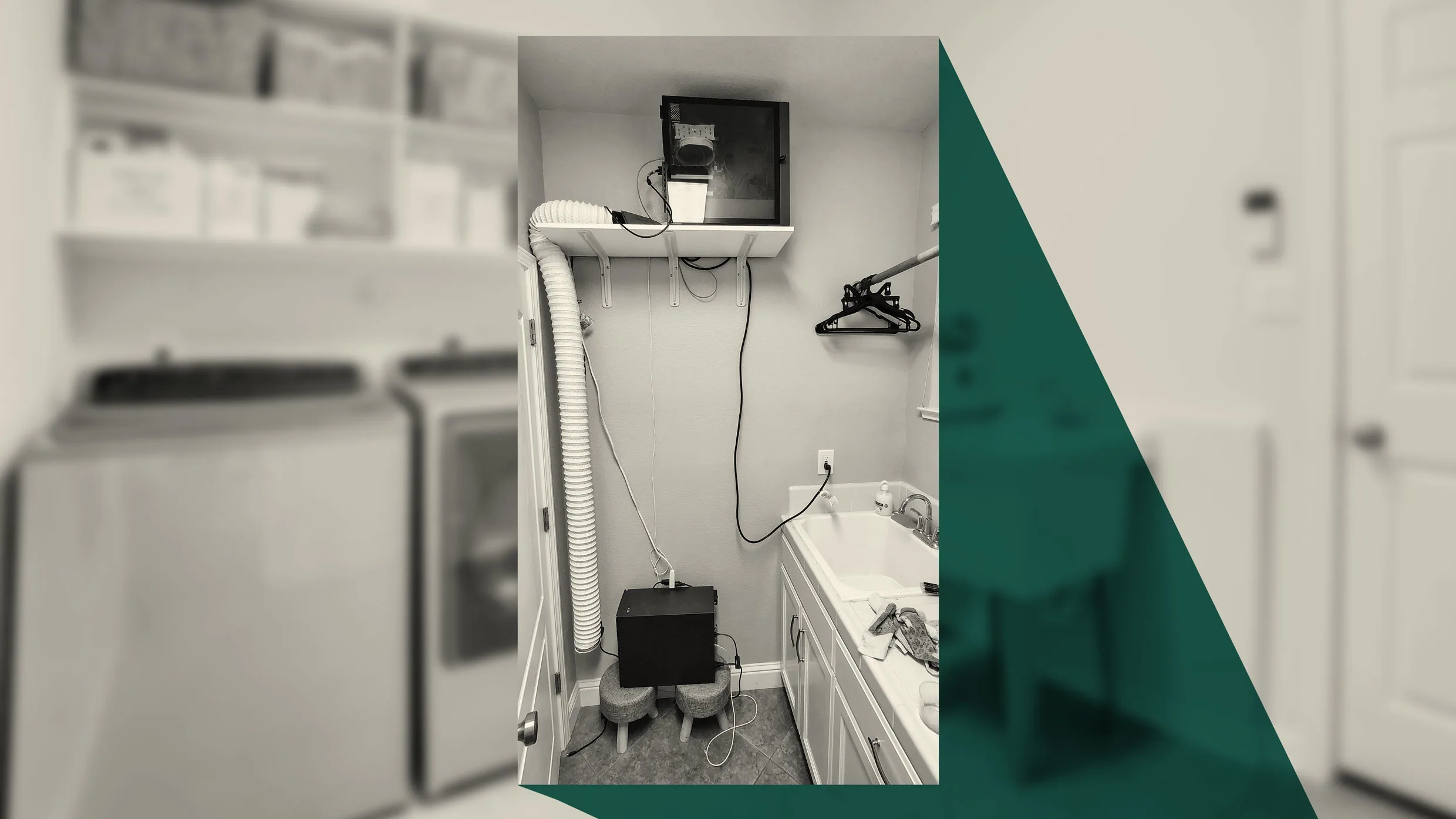
"Known at first as Backrub and operated on the Stanford campus, the company's first experimental server packed 40 gigabytes of data and was housed in a case made of Duplo blocks, the oversize version of Lego. Later, thanks to donations from IBM and Intel, the founders upgraded to a small server rack. In 2025, you can't even fit Google search in a single data center, something that's been true for a long time."
"Still, with a little clever resourcing and a lot of work, you can get pretty close to a modern Google-esque experience using a machine roughly the size of that original Google server. You can even house it in your laundry room. That's where Ryan Pearce decided to put his new search engine, the robust Searcha Page, which has a privacy-focused variant called Seek Ninja."
"Pearce's server was initially in his bedroom, but the machine was so hot, it actually made it too uncomfortable to sleep. He has a separate bedroom from his wife because of sleep issues, but her prodding made him realize a relocation was necessary. So he moved it to the utility room, drilled in a route for a network cable to get through, and now, between clothes cycles, it's where his search engines live."
Nearly 30 years after Google began on minimal hardware, a compact home server can now store and serve search results comparable to early Google. A developer installed a small server in a laundry room to host Searcha Page and a privacy-focused variant, Seek Ninja, using clever resourcing and hardware donations to build capacity. Heat and noise motivated relocation from a bedroom to the utility room, with a drilled network cable providing connectivity. The system now holds more storage than Google had in 2000 and delivers results with only minor slowdowns that have improved over recent weeks.
Read at Fast Company
Unable to calculate read time
Collection
[
|
...
]